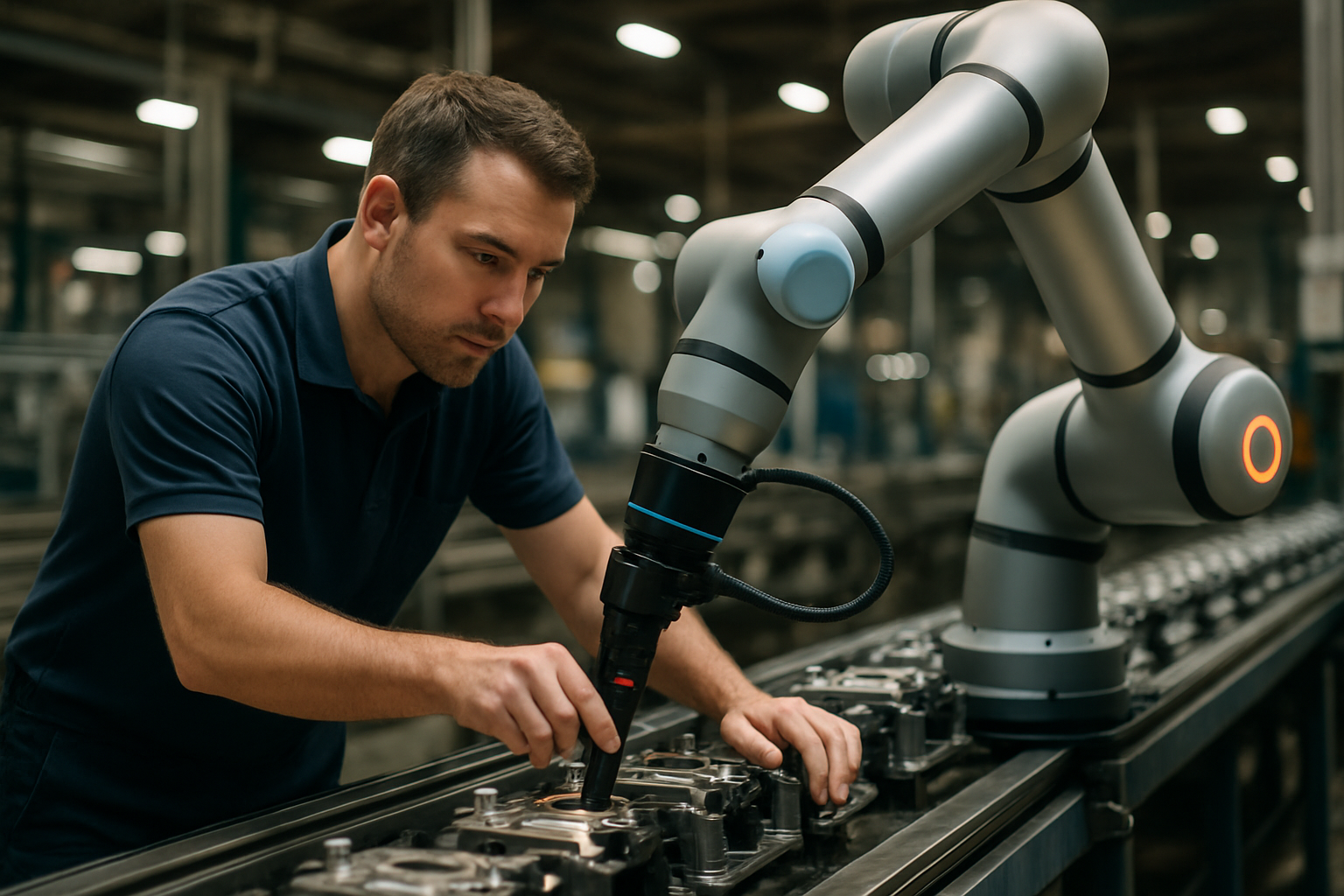"Reimagining Industrial Operations with Smart Factories"
In an era of rapid technological advancement, the concept of Smart Factories is becoming increasingly relevant. This article delves into the evolution of Smart Factories, their current trends, and the potential impact they could have on business and industrial operations.

The Emergence of Smart Factories
The concept of Smart Factories emerged from the fourth industrial revolution, also known as Industry 4.0. This revolution is characterized by the integration of cyber-physical systems, the Internet of Things, and cloud computing into manufacturing. Smart Factories represent a leap forward from traditional automation to a fully connected and flexible system—one that can use a constant stream of data from connected operations and production systems to learn and adapt to new demands.
Current Trends in Smart Factories
Today, Smart Factories are becoming increasingly prevalent. They leverage advanced technologies such as machine learning, big data analytics, and advanced robotics to optimize production processes. These technologies enable real-time monitoring and control of factory operations, leading to increased efficiency, reduced waste, and improved product quality.
Impact of Smart Factories on Business and Industrial Operations
The implementation of Smart Factories can have a profound impact on business and industrial operations. They can lead to significant cost savings by reducing waste and improving efficiency. Additionally, they can enhance product quality and speed up time-to-market, providing a competitive edge in the marketplace. However, the transition to a Smart Factory also presents challenges, including the need for significant investment in technology and training.
Research-Backed Insights
Research indicates that Smart Factories could add $500 billion to $1.5 trillion in value to the global economy over the next five years. However, achieving these benefits requires overcoming several barriers, including the high cost of implementation, lack of skilled workers, and concerns about data security.
Practical Insights into Smart Factories
-
Start small: Begin with pilot projects to test the feasibility and benefits of Smart Factory technologies.
-
Invest in training: Equip your workforce with the necessary skills to operate and maintain advanced technologies.
-
Prioritize data security: Implement robust security measures to protect sensitive operational data.
Conclusion
Smart Factories represent a significant shift in the way industrial operations are conducted. While they offer numerous benefits, including increased efficiency and improved product quality, they also present challenges that need to be addressed. By understanding these challenges and taking proactive steps to overcome them, businesses can successfully transition to Smart Factories and reap the benefits they offer.






